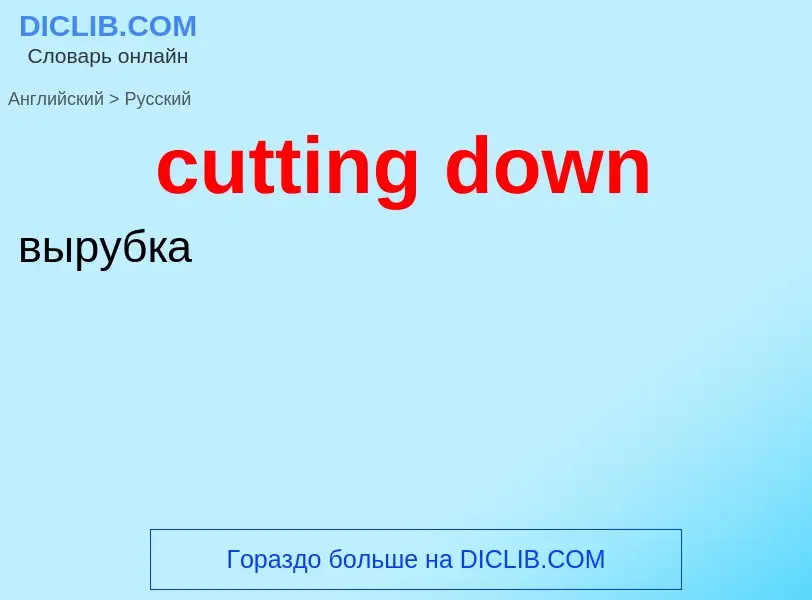Translation and analysis of words by ChatGPT artificial intelligence
On this page you can get a detailed analysis of a word or phrase, produced by the best artificial intelligence technology to date:
- how the word is used
- frequency of use
- it is used more often in oral or written speech
- word translation options
- usage examples (several phrases with translation)
- etymology
cutting down - translation to russian
[plu:mju'leiʃəs]
прилагательное
общая лексика
пуховый
имеющий текстуру пуха
общая лексика
неоптиль
эмбриональный пух
синоним
Definition
)
Wikipedia
Disintermediation is the removal of intermediaries in economics from a supply chain, or "cutting out the middlemen" in connection with a transaction or a series of transactions. Instead of going through traditional distribution channels, which had some type of intermediary (such as a distributor, wholesaler, broker, or agent), companies may now deal with customers directly, for example via the Internet.
Disintermediation may decrease the total cost of servicing customers and may allow the manufacturer to increase profit margins and/or reduce prices. Disintermediation initiated by consumers is often the result of high market transparency, in that buyers are aware of supply prices direct from the manufacturer. Buyers may choose to bypass the middlemen (wholesalers and retailers) to buy directly from the manufacturer, and pay less. Buyers can alternatively elect to purchase from wholesalers. Often, a business-to-consumer electronic commerce (B2C) company functions as the bridge between buyer and manufacturer.
However manufacturers will still incur distribution costs, such as the physical transport of goods, packaging in small units, advertising, and customer helplines, some or all of which would previously have been borne by the intermediary. To illustrate, a typical B2C supply chain is composed of four or five entities. These are the supplier, manufacturer, wholesaler, retailer and buyer.



![Like many [[precocial]] hatchlings, domestic [[chicken]]s are already covered with a coat of downy feathers when they hatch. Like many [[precocial]] hatchlings, domestic [[chicken]]s are already covered with a coat of downy feathers when they hatch.](https://commons.wikimedia.org/wiki/Special:FilePath/Chick.jpg?width=200)
![A female [[common eider]] sits on her nest, surrounded by down feathers. A female [[common eider]] sits on her nest, surrounded by down feathers.](https://commons.wikimedia.org/wiki/Special:FilePath/Eider.a.duvet4.jpg?width=200)
![Body down feathers, like these exposed on this adult male [[budgerigar]]'s back, lie underneath the contour feathers and help to insulate birds against heat loss. Body down feathers, like these exposed on this adult male [[budgerigar]]'s back, lie underneath the contour feathers and help to insulate birds against heat loss.](https://commons.wikimedia.org/wiki/Special:FilePath/Melopsittacus undulatus - male pet preening.jpg?width=200)
